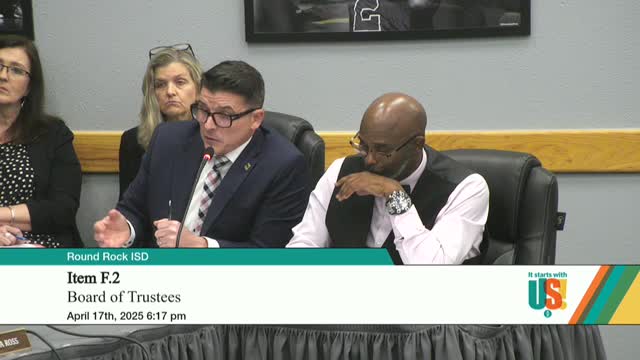Article not found
This article is no longer available. But don't worry—we've gathered other articles that discuss the same topic.
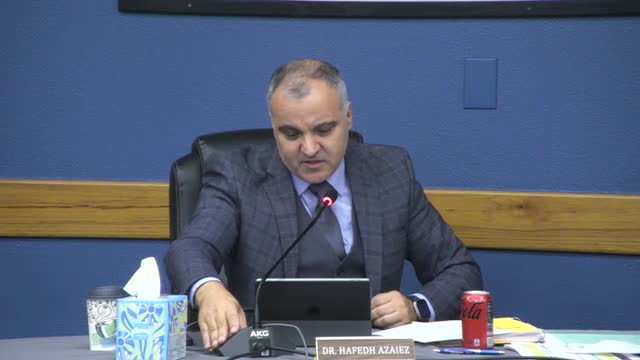
Round Rock ISD trustees hear shifting 2024–25 update and preliminary 2025–26 budget scenarios as Legislature alters funding
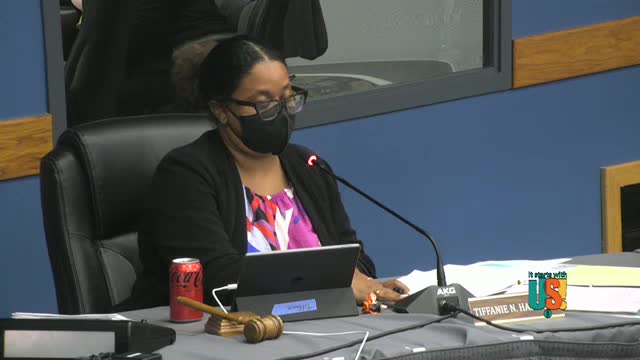
Board approves consent agenda (H1–H20) by unanimous vote
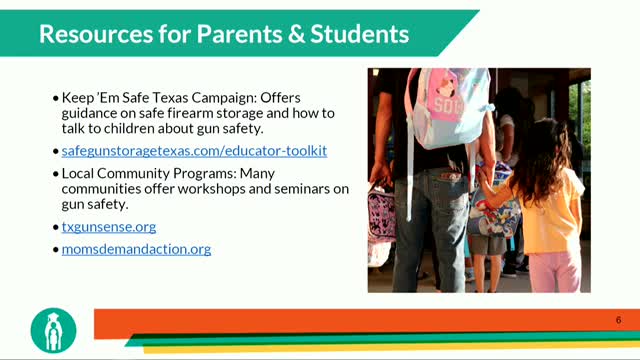
RRISD police outline firearm safety outreach and seek grant to distribute gun locks and materials
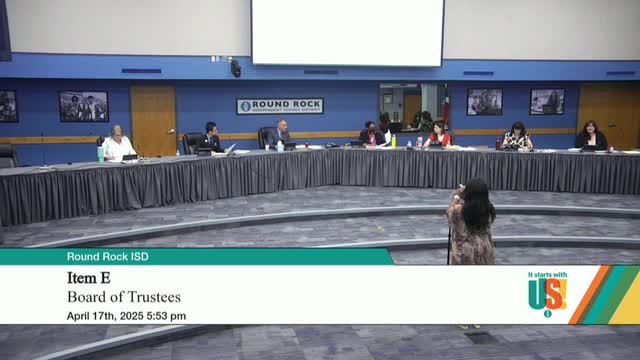
Round Rock ISD public commenters press board on nonrenewal process and ask trustees for a 3% pay raise for all staff
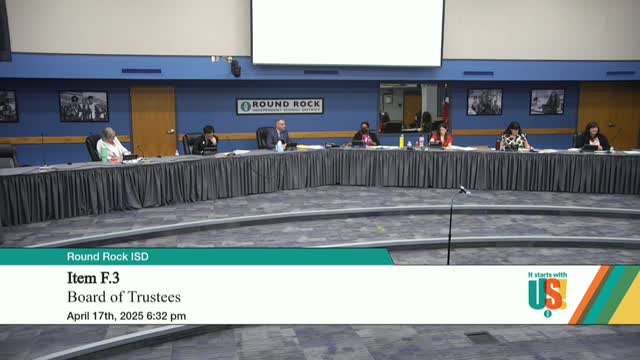
District outlines construction procurement methods; job‑order contracting to handle routine maintenance projects
